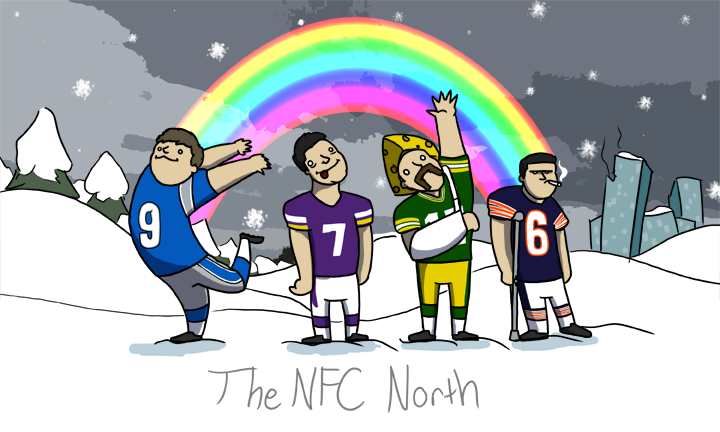At Ace of Spades HQ, Ace explains what the MacGuffin is and why American media outlets don’t care about it and think you shouldn’t care about it either:
In a movie or book, “The MacGuffin” is the thing the hero wants.
Usually the villain wants it too, and their conflict over who will end up with The MacGuffin forms the basic spine of the story.
In Raiders of the Lost Ark, the MacGuffin is, of course, the Lost Ark. Indy wants it; the Nazis have it. This basic conflict over simple possession animates a two hour long movie.
Alfred Hitchcock noted — counterintuitively, when you first hear this — that the specifics of the MacGuffin don’t really matter at all to a movie. He pointed out that the audience doesn’t care at all about the MacGuffin. The hero in the movie itself cares, but the audience doesn’t.
In one Hitchcock film, the MacGuffin was some smuggled uranium hidden in vintage wine bottles. But Hitchcock noted it didn’t matter if it was uranium in wine bottles, or a fragment of a diplomatic dispatch from the Nazi high command, or a hidden murder weapon, or photographs proving a Senator’s affair.
Okay, we’ve got the movie notion down … what’s the US political MacGuffin?
For Obama’s fanbois, this is not politics. This isn’t even America, not really, not anymore.
This is a movie. And Barack Obama is the Hero. And the Republicans are the Villains. And policy questions — and Obama’s myriad failures as an executive — are simply incidental. They are MacGuffins only, of no importance whatsoever, except to the extent they provide opportunities for Drama as the Hero fights in favor of them.
Watching Chris Matthews interview Obama, I was struck by just how uninterested in policy questions Matthews (and his panel) were, and how almost every question seemed to be, at heart, about Obama’s emotional response to difficulties — not about policy itself, but about Obama’s Hero’s Journey in navigating the plot of President Barack Obama: The Movie.
As with a MacGuffin in the movie, only the Hero’s emotional response to the MacGuffin matters.
Again and again, Matthews and his panel focused not on weighty questions of state, but on what toll these important-sounding MacGuffins took upon the Star of the Picture, Barack Obama.
Matthews was not terribly interested in hearing about the problems with Obamacare, or how Obama planned to address them.
But he was very interested in learning how Obama was coping with the challenges.
Matthews didn’t care all that much about disputes over the budget. But he was keenly interested in Obama’s thoughts on his opponents in such struggles.
Chris Matthews’ called Obama’s last answer the most important in the interview, and his entire panel agreed it was simply amazing.
[…]
Note what they’re not talking about: America. Policy. The economy. Obamacare. Actual live political controversies and possible programmatic responses to the difficulties we face (many of which Obama has caused himself, or made worse).
No, American politics is now merely a MacGuffin, an important-sounding but ultimately inconsequential and disposable plot device for holding interest in the Hero’s Journey.
Ultimately the only thing that matters is the Hero itself. It doesn’t matter why the Hero Barack Obama wants the Lost Ark of Sensible Gun Control, or the Shankara Stones of Comprehensive Immigration Reform, or the Democratic Holy Grail of Affordable Health Care. These are very minor details and only matter to the extent the Hero exerts himself to achieve them.
The viewers of this film don’t really care about these things, but only Obama’s frustration at being denied them, or his joy in attaining them.

 After seeing several amusing retweets by
After seeing several amusing retweets by 


